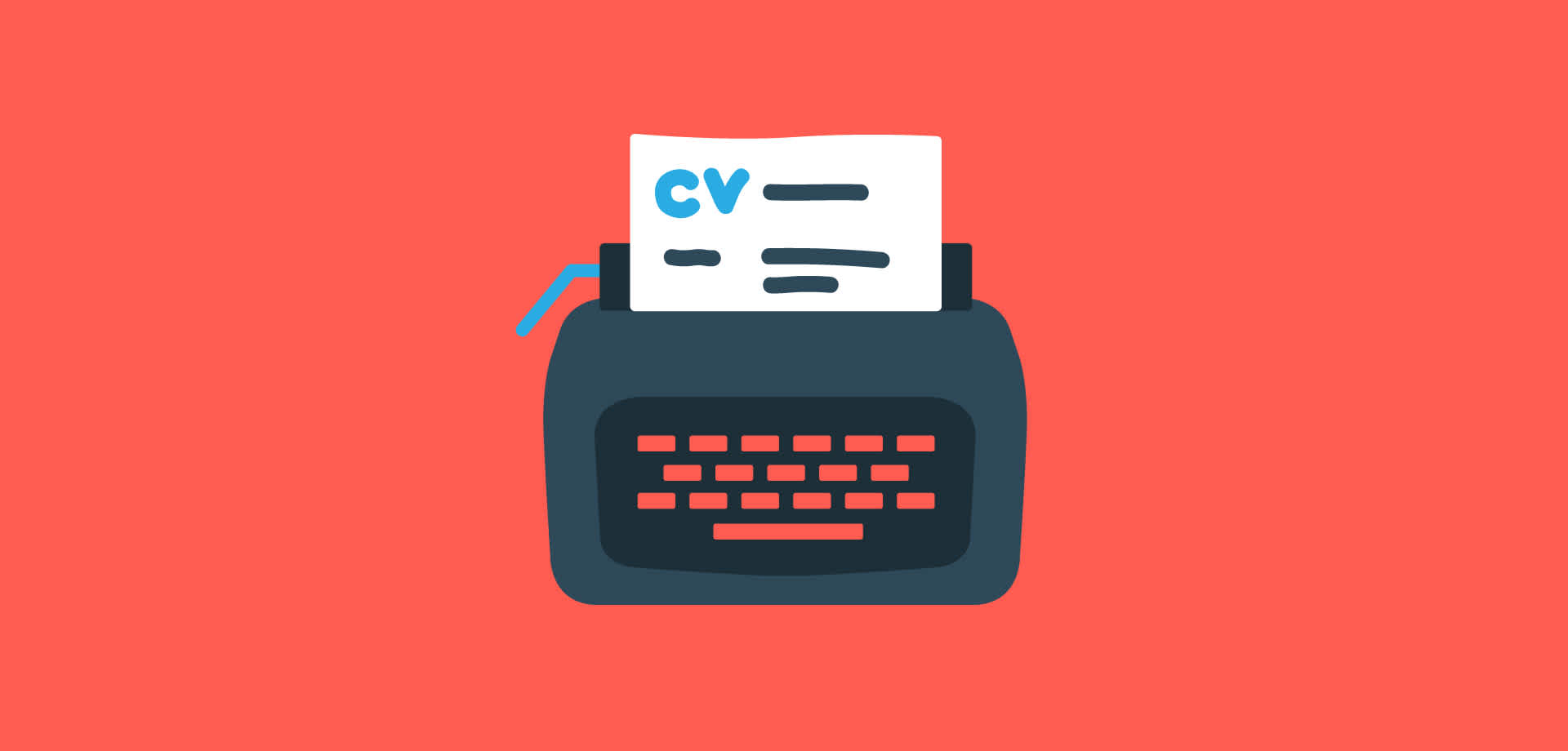
How to write a cover letter
Reading time: 8 minutes
A cover letter is typically submitted along side your CV for a graduate application. You probably knew that. This cover letter will include writing a single A4 page that highlights your most relevant skills and expresses your enthusiasm and motivation for the job and employer. So why does it give so many of us a headache? This guide will give you all the information you need to write a cover letter.
There are four key parts to a cover letter, and it’s important to know how to use the limited space to sell yourself and your skills.
Contents
When to write a cover letter
You should write a cover letter when you are asked to submit one with your CV or application form, but also when you send your CV to an employer via email. Remember to name your files and attachments appropriately and to use suitable and professional subject lines. A smart and easy way of doing this is to use the job name and reference. Check the job description before applying to check if there are any specific instructions on how your application should be sent.
There are two ways to send your covering letter via email:
Attach both the CV and the covering letter to
. Make the email a brief message stating that your application for the opportunity is attached, and add any other necessary information.
Write the covering letter directly in the email. You could include your contact details as a signature at the end and attach your CV.
Tip: Never skip the opportunity to send a cover letter with your CV, it’ll always be a way to boost your application.
1. Cover letter opening
The easy part! Simply tell them which role you are applying for (if the job has a reference number then include it), where you saw it and why you are applying. Make sure to introduce yourself in this part too so that they know who sent the letter.
It’s always better to address your cover letter to a person, not the company. That’s why it’s super important to make sure you get their name and title correct (Mr, Miss, Mrs, Ms, or Dr?), some people may feel very strongly about how they are addressed. If you can’t get a name, then remember that ‘Dear Sir/ Madam’ letters finish with; ‘Yours faithfully’, and named letters with; ‘Yours sincerely’.
Tip: Make sure to articulate your reasons for applying. Avoid saying that you cannot convey how excited you are about this opportunity, it will makes recruiters think that you can’t think of any good reasons and possibly that you’re lazy.
2. Answer the question: “Why you?”
While the whole letter is about you, the first two paragraphs are dedicated to why you are suited to this role. In this segment you need to refer directly to the job description, skills, abilities and knowledge you have, and remember to always include examples for the skills and job based knowledge. Do NOT copy and paste statements from your CV, try to rephrase the information or expand it.
At a graduate level you may not have a lot of work experience, and that’s alright. It is more important to show that your current experience can be transferred into the job you are applying to. Examples from part-time jobs, academic work and extracurricular activities will all help you in demonstrating that you have used and developed the necessary skills.
Tip: Recruiters are fully aware that no one can learn everything, so be detailed and specific about the skills you have. Avoid saying that your past skills allow you to excel in everything, you’ll just sound like you’re overselling.
3. Answer the question: “Why them?”
Now that you have done you, you need to focus on the company. This next paragraph should be all about why you’re interested in this specific job and specific company, and what made you want to apply. It’s super important that you take the opportunity to personalise your cover letter, otherwise it will look like you are spamming your CV and covering letters to anyone and everyone (not a great look for you).
Make sure that you have done your research by re-reading the job description and company pages – this will help you show the recruiter what attracts you to their company and why you are interested in working for them in that particular role.
Tip: Be specific about why the company/job/culture attracts you, and use examples. Avoid being vague about what kind of company they are. No one likes to receive a generic cover letter.
Steps 2 and 3 can be swapped around, as long as you remember to cover ‘why you’ and ‘why them’.
4. How to write a cover letter ending
The closing paragraph is about reaffirming your suitability for the role and your enthusiasm to the prospect of working with the employer. Remember to state that you look forward to hearing from them and that you are happy to provide any extra information or answer any questions if needed. Also don’t forget to sign the letter, or print your name, before sending it.
Be memorable and concise
It’s important to stand out with your cover letter, especially when there are a lot of other applicants for the job. You’ll stand out if you:
Get straight to the point- if you can say it in 9 words, then don’t use 24.
Match your skills and experience to the requirements in the job description- do your research!
Avoid generalised statements and clichés- specific statements ALWAYS look better!
Express yourself clearly
Remain formal and professional, but straightforward (don’t tongue tie yourself) and remember to check your cover letter. Reading it out-loud before you send it will help you to spot those long sentences, which you can then rewrite. When you’re done, make sure to check to make sure that everything makes sense again!
Tip: Check, check, check! Make sure that you check your work over and over. Take advantage of your careers service and friends to make sure your cover letter is acceptable, professional, and addressed to the RIGHT company. It won’t matter what you have written if a recruiter cannot read it properly. Avoid handing in a cover letter riddled with mistakes, long sentences and below-par grammar – it’s a sure fire way to put you one step behind other candidates with your application.
Now that you know “How to write a cover letter?” you can get started AND nail it! Still looking for your perfect company to write that cover letter for? Then check out Magnet.me to connect with companies that are looking for someone like you!






